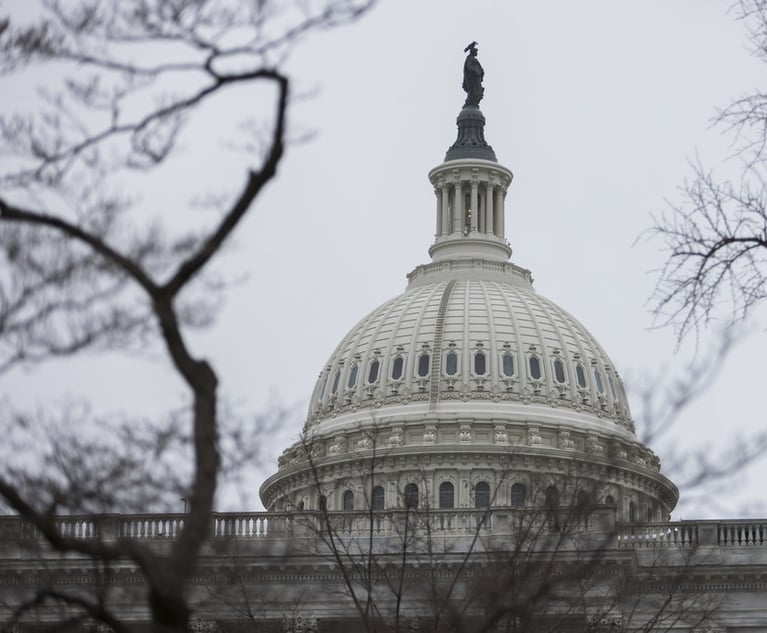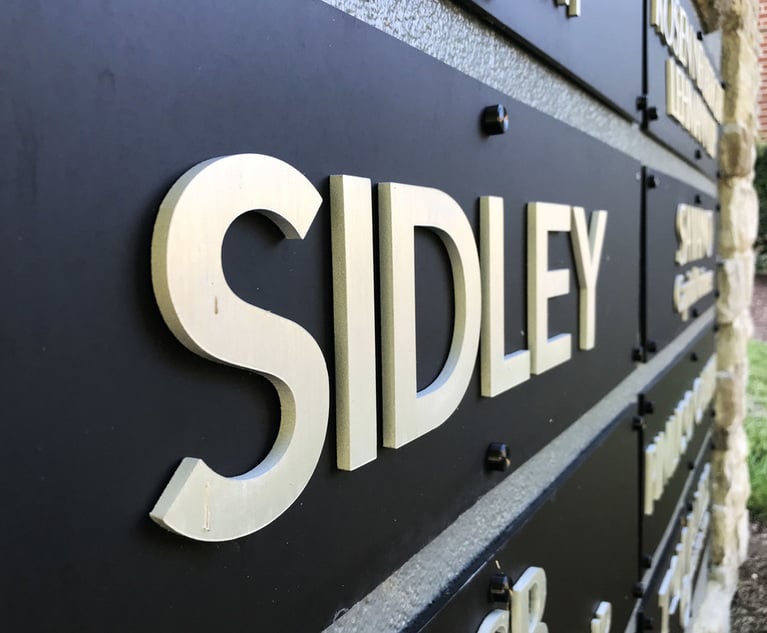 A class member may object to a proposed class action settlement. If the district court rejects the objection and approves the settlement, the objector may appeal the final judgment. Filing a notice of appeal is quick and easy. The simple step of filing an appeal, however, can substantially delay the consummation of any class action settlement, including the payment of fees to class counsel. Defendants are reluctant to agree to permit distribution as long as approval is uncertain. Payment can be an irrevocable step and defendants are unlikely to recover money once it is distributed. Thus, settlement agreements typically do not permit distribution of settlement relief to the class until the completion of all appellate review.
A class member may object to a proposed class action settlement. If the district court rejects the objection and approves the settlement, the objector may appeal the final judgment. Filing a notice of appeal is quick and easy. The simple step of filing an appeal, however, can substantially delay the consummation of any class action settlement, including the payment of fees to class counsel. Defendants are reluctant to agree to permit distribution as long as approval is uncertain. Payment can be an irrevocable step and defendants are unlikely to recover money once it is distributed. Thus, settlement agreements typically do not permit distribution of settlement relief to the class until the completion of all appellate review.
In a recent decision, the U.S. Court of Appeals for the Seventh Circuit explained that this reality creates a “recurring problem in class-action litigation known colloquially as ‘objector blackmail.’” See Pearson v. Target, 968 F. 3d 827 (7th Cir. 2020). Objectors know that a pending appeal can substantially delay settlement distribution and the settling parties may be willing to make side payments to objectors to abandon their appeals. Those payments do not benefit the class. In Pearson, the Seventh Circuit held that courts have the equitable power to order settling objectors who dismiss appeals in exchange for side payments to disgorge the proceeds they obtained from their private settlements. Extracting payments from the litigation process by asserting an objection on behalf of the class and abandoning it for a private payment is inequitable, for which disgorgement is the proper remedy.









